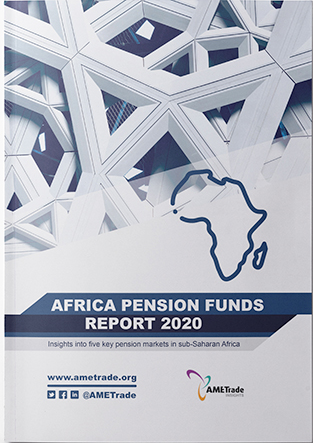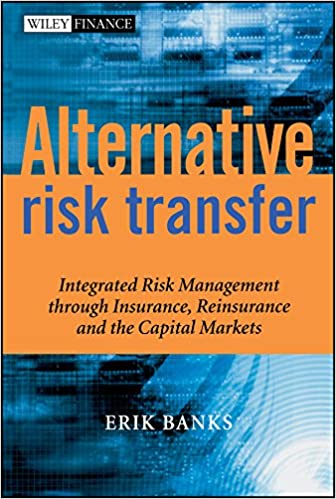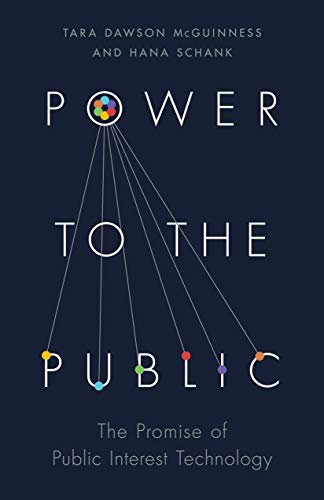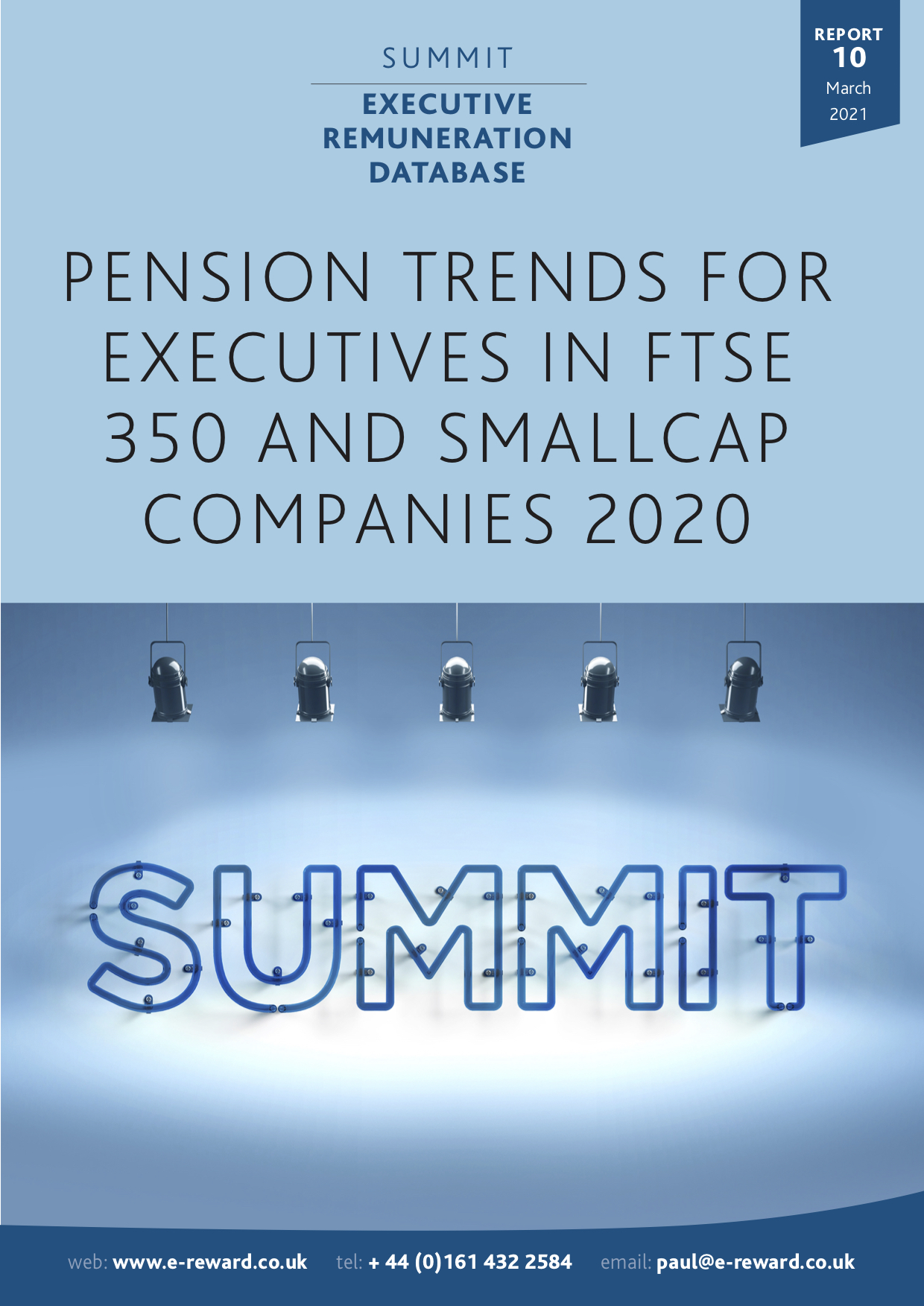The Surprising Ingredients of Swedish Success – Free Markets and Social Cohesion
By Nima Sanandaji Sweden did not become wealthy through social democracy, big government and a large welfare state. It developed economically by adopting free-market policies in the late 19th century and early 20th century. It also benefited from positive cultural norms, including a strong work ethic and high levels of trust. As late as 1950, Swedish tax revenues were still only around 21 per cent of GDP. The policy shift towards a big state and higher taxes occurred mainly during the...










